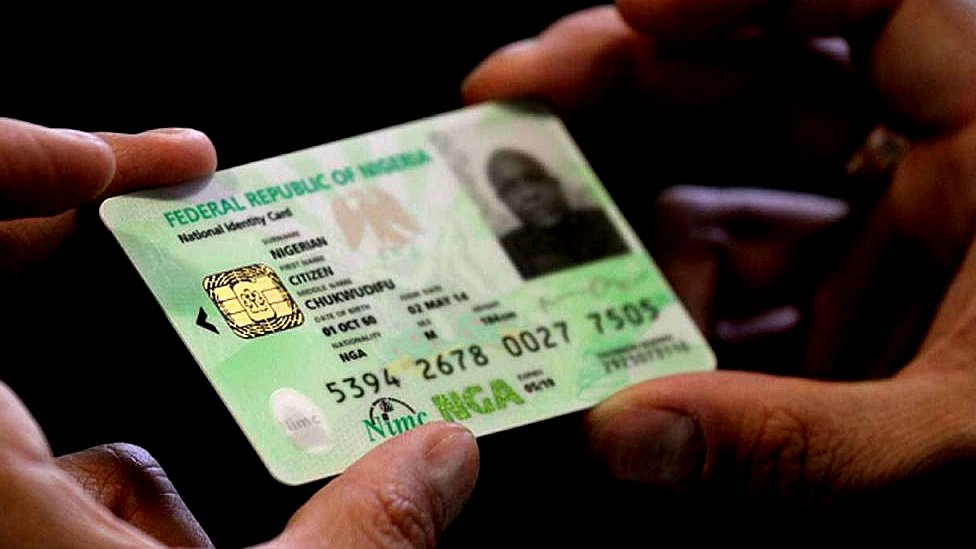A report identified national identification cards as the most targeted document type for fraud in West Africa, revealing critical vulnerabilities in the region’s identity systems.
The findings highlight the pressing need for stronger security measures to address the growing prevalence of counterfeit IDs.
The “2024 Digital Identity Fraud in Africa Report” by Smile ID revealed that over the past two years, 80 per cent of fraudulent document attacks in the region targeted national IDs.
Among the 19 most attacked document types, 11 were national IDs. Kenya’s national ID was found to be the most susceptible, with a fraud rate of 26 per cent, followed by Nigeria’s National Identification Number (NIN) at 18 per cent, Ghana’s national ID at 16 per cent, Cameroon’s at 14 per cent, and Botswana’s at 11 per cent.

Concerns over Nigeria’s NIN security have grown, particularly after allegations of data breaches involving front-end partners.
One widely reported incident included claims that the NIN of Nigeria’s Minister of Communications, Innovation, and Digital Economy, Dr Bosun Tijani, was sold cheaply.
While the National Identity Management Commission (NIMC) denied these allegations, Paradigm Initiative (PIN), a pan-African digital rights organisation, accused the Commission of negligence and is pursuing legal action for its alleged failure to protect citizens’ data. PIN’s Executive Director, Gbenga Sesan, confirmed that the case is scheduled for next month in Abuja.
In a related development, the Association of Telecommunications Companies of Nigeria (ATCON) has called on the government to create policies fostering innovation and investment in the technology sector.
This appeal follows a sharp decline in Foreign Direct Investment (FDI) into the telecoms sector, which dropped by 87 per cent between Q2 and Q3 2024, according to the National Bureau of Statistics (NBS).
At ATCON’s 31st Anniversary Dinner in Lagos, the association’s president, Tony Emoekpere, reaffirmed its commitment to driving infrastructure development and positioning Nigeria as a leader in Africa’s digital economy.
Former Edo State Governor Godwin Obaseki, honoured as the “Digital Governor of the Year,” emphasised the importance of public-private collaboration to advance digitisation and artificial intelligence in Africa.


